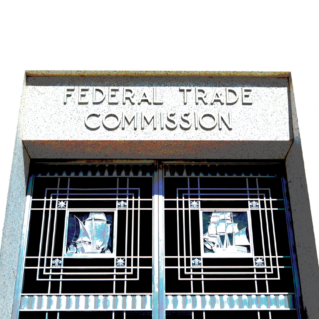The Supreme Court’s AMG Capital decision prevented the FTC from seeking monetary relief in court under Section 13(b). But the recent Neora decision confirms the FTC still has significant power under Section 13(b) that can be used to cause direct sellers a lot of pain in a court of law.
In Neora, the court determined the FTC can seek injunctive relief in court without first going through the lengthy and burdensome administrative proceedings set forth in Section 5 of the FTC Act. And the court also determined that the FTC’s request for injunctive relief would not be dismissed because the complaint sufficiently pleaded that Neora “was violating or about to violate” the FTC Act.
This was true even though many of the allegations related to past conduct, such as social media posts that allegedly contained improper income and product claims and a prior compensation plan that allegedly contained characteristics of an illegal pyramid scheme.
In sum, AMG Capital did not render the FTC powerless, and to avoid becoming an FTC target, direct sellers should continue to identify and remedy the red flag activity the FTC is looking for.
Read more on NEORA: The Accidental Activist and The Battle Over 13(b).


